India: up-and-down on Pakistan
The U.S., post-9/11, has made large strides with their homeland security. In contrast, what has India done to counter terrorism? How have Indo-Pakistan relations unfolded?
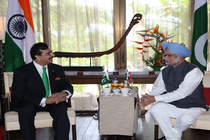 Courtesy: Ministry of External Affairs, Government of India
Courtesy: Ministry of External Affairs, Government of India
The U.S., post-9/11, has made large strides with their homeland security. In contrast, what has India done to counter terrorism? How have Indo-Pakistan relations unfolded?
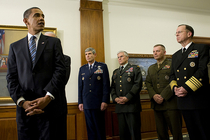 Courtesy: US Army/ Flickr
Courtesy: US Army/ Flickr
President Barack Obama is receiving pressure from domestic politics and Israel to maintain his stance on a nuclear free Iran. Will the United States go so far as to attack Iran, and if so, can it deal with the consequences?
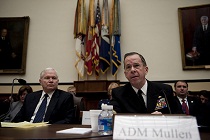 Courtesy: Chairman of the Joint Chiefs of Staff/Flickr
Courtesy: Chairman of the Joint Chiefs of Staff/Flickr
The 'double-dealing' of the U.S. and Pakistani army - all with the ambition of military dominance - has significantly aided various terrorist groups. After 26/11, there is no place to hide for the Mike Mullens and countless others who have been apologists for the Pakistan army and the state it controls.
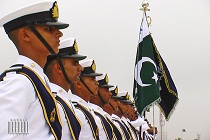 Courtesy: Kash_if/Flickr
Courtesy: Kash_if/Flickr
In the aftermath of the Mumbai attacks, the Pakstani deep state role was highlighted. The U.S. has come to realise this reality too. Bilateral information sharing could prove to be vital to combat terrorism - both regionally and globally.
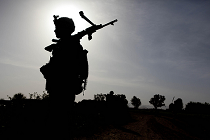 Courtesy: isafmedia/Flickr
Courtesy: isafmedia/Flickr
Last May, U.S. citizen David Headley confessed to being a spy for the Lashkar-e-Taiba. What no one has tackled yet is whether there are other Headleys out there whose actions threaten India, or any other country. Even with thousands of intelligence agencies scouting for terrorist activities, are we really safer?
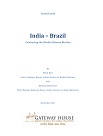 Courtesy: Gateway House
Courtesy: Gateway House
Today, both India and Brazil face the risk of an increase in communicable and non-communicable diseases, given the inefficient healthcare delivery systems. How can these nations help each other implement policy changes – to weed out hiccups to healthcare systems – and serve as a model for developing nations?
 Courtesy: Foreign Affairs
Courtesy: Foreign Affairs
As Indonesia hosts a number of high-level summits this year, it looks set to take its place among the world’s economic superstars. But celebrations are premature: although Indonesia has made great strides, its gains are reversible. To continue to prosper, Jakarta must address rampant corruption and poor governance
Gateway House’s Hari Seshasayee interviewed Nicolas Krul. A stout defender of European unity, Krul discussed the origins of the crisis, the lessons learned, possible solutions and the opportunities for the emerging world.
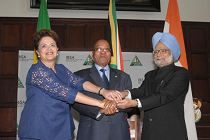 Courtesy: PMO
Courtesy: PMO
India and Brazil’s increasing engagement in Africa is a clear sign that both countries are embracing their new roles as global diplomats. By joining forces to bolster Africa’s food security, they have the chance to break ground on a tangible agenda that could have a far-reaching impact on matters of global concern
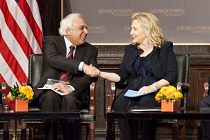 Courtesy: Phil Humnicky/Georgetown University
Courtesy: Phil Humnicky/Georgetown University
The first Indo-U.S. Education Summit held last week showed much promise. While education can be driving force of the strategic dialogue between the two countries, this is also an opportunity for business. India's massive education sector, estimated at $25 billion, is waiting to be tapped.